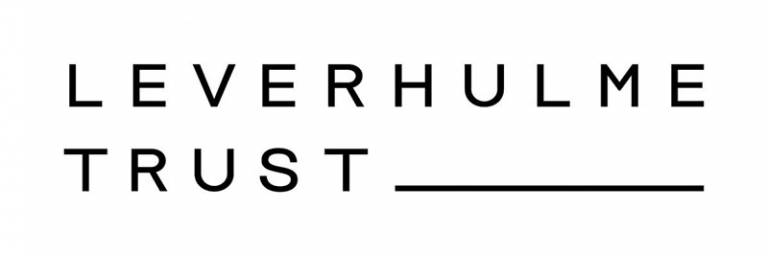Job Vacancy: Research Fellow in Faunal Isotope Ecology
21 April 2023
The UCL Institute of Archaeology currently has a vacancy for a Research Fellow to join the Leverhulme Trust-funded PALAEOTHAW project (Ref.:B03-01595). The deadline for applications is 8 May 2023.

The Leverhulme-Trust funded project 'PALAEOTHAW: Unlocking records of past permafrost thaw through isotopes of fossil bones' is based at the UCL Institute of Archaeology, led by PI Rhiannon Stevens, with collaborating institutions including the University of Leed’s School of Earth and Environment (Co-I Prof Simon Bottrell) and University of Sussex’s School of Global Studies (Co-I Prof Julian Murton). The project started in October 2021 and will run until September 2025.
The project aims to develop sulphur isotope (δ34S) analysis of radiocarbon dated archaeological / palaeontological fauna as a new proxy for creating high-resolution, chronologically-constrained, records of past permafrost thaw. This development has the potential to revolutionise our understanding of the timing, rate, and drivers of permafrost thaw in the past. Results from the project could inform future projections of the response of present-day permafrost (a major source of greenhouse gases) to current and future climatic warming.
Work will include analysis and interpretation of the data generated from the modern environmental samples, and collection, laboratory analysis, and data interpretation of the faunal δ34S data. The post-holder will be responsible for the integration and interpretation of project results in relation to wider palaeoclimatic and environmental data, and will lead on/contribute to the writing and preparation of articles, presentations and other project outputs.
The Research Fellow, with expertise in archaeological / palaeoenvironmental science and/or isotope biogeochemistry, will join the project team at the UCL Institute of Archaeology. The post-holder will work closely with the PI and will have responsibility related to both project strands as described above. The post-holder will also be expected to undertake a 2-3 week field season in Europe to collect paleoenvironmental samples, under the supervision of Co-I’s Simon Bottrell and Julian Murton.
This is a full-time post, funded in the first instance for a period of 24 months, and will be available from 1st July.
The successful candidate will have obtained a PhD in archaeological / palaeoenvironmental science, or related field, and have an excellent knowledge of stable isotope analysis and Pleistocene palaeoenvironments.
Further information
- Further details of the post and the online application facility are available on the UCL website.
- Enquiries about the vacancy may be directed to Rhiannon Stevens (rhiannon.stevens@ucl.ac.uk).
- Queries about the application process may be directed to the Institute's HR Administrator, Louisa Goldsmith.
 Close
Close

